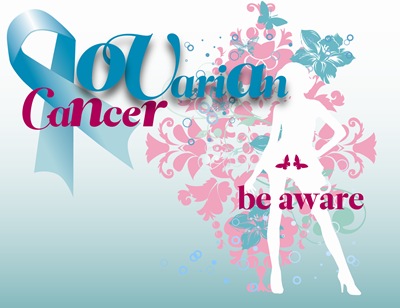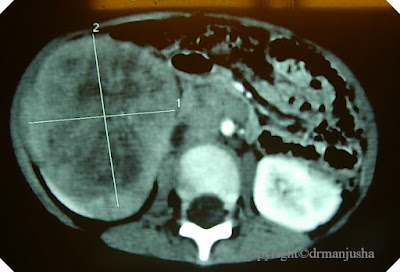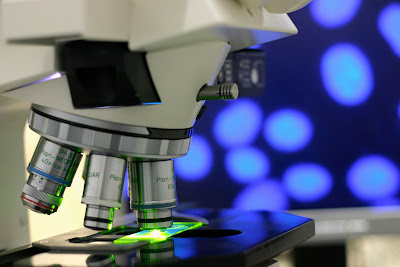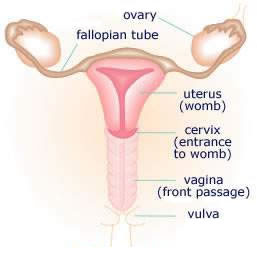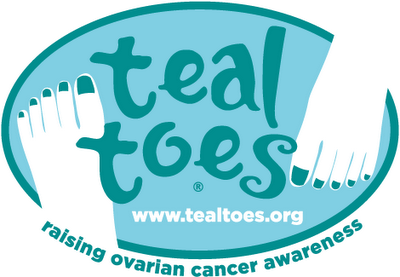American Cancer Association Biography
Source(google.com.pk)
The American Cancer Society (ACS) is a nationwide voluntary health organization dedicated to eliminating cancer.
Established in 1913, the society is organized into twelve[2] geographical divisions of both medical and lay volunteers operating in more than 900 offices throughout the United States, including Puerto Rico.[3] Its home office is located in the American Cancer Society Center in Atlanta, Georgia. As the official journals the ACS publishes Cancer, CA: A Cancer Journal For Clinicians and Cancer Cytopathology. [4]
The society was originally founded in 1913 by 15 physicians and businessmen in New York City under the name American Society for the Control of Cancer (ASCC). The current name was adopted in 1945.[5]
The sword symbol, adopted by the American Cancer Socity in 1928, was designed by George E. Durant of Brooklyn, New York. According to Durant, the two serpents forming the handle represent the scientific and medical focus of the society’s mission and the blade expresses the “crusading spirit of the cancer control movement."[6]
Its activities include providing grants to researchers, running public health advertising campaigns, and organizing projects such as the Relay For Life and the Great American Smokeout. It operates a series of thrift stores to raise money for its operations. Notable endorsements include the 4K for Cancer, a 4000-mile bike ride from Baltimore to San Francisco to raise money for the society's Hope Lodge.[7]
In 1994, the Chronicle of Philanthropy, an industry publication, released the results of the largest study of charitable and non-profit organization popularity and credibility conducted by Nye Lavalle & Associates. The study showed that the American Cancer Society was ranked as the 10th "most popular charity/non-profit in America" of over 100 charities researched with 38% of Americans over the age of 12 choosing Love and Like A lot for the American Cancer Society.[8]
Contents
American Cancer Association Sign Ribbon cells Horoscope Symbol Tattoos Research Zodiac Sign Ribbon Tattoos

American Cancer AssociationSign Ribbon cells Horoscope Symbol Tattoos Research Zodiac Sign Ribbon Tattoos

American Cancer AssociationSign Ribbon cells Horoscope Symbol Tattoos Research Zodiac Sign Ribbon Tattoos
 |
American Cancer AssociationSign Ribbon cells Horoscope Symbol Tattoos Research Zodiac Sign Ribbon Tattoos |
 |
American Cancer AssociationSign Ribbon cells Horoscope Symbol Tattoos Research Zodiac Sign Ribbon Tattoos |
 |
American Cancer AssociationSign Ribbon cells Horoscope Symbol Tattoos Research Zodiac Sign Ribbon Tattoos |
 |
American Cancer AssociationSign Ribbon cells Horoscope Symbol Tattoos Research Zodiac Sign Ribbon Tattoos |
 |
American Cancer AssociationSign Ribbon cells Horoscope Symbol Tattoos Research Zodiac Sign Ribbon Tattoos |

American Cancer AssociationSign Ribbon cells Horoscope Symbol Tattoos Research Zodiac Sign Ribbon Tattoos
American Cancer AssociationSign Ribbon cells Horoscope Symbol Tattoos Research Zodiac Sign Ribbon Tattoos

American Cancer AssociationSign Ribbon cells Horoscope Symbol Tattoos Research Zodiac Sign Ribbon Tattoos

American Cancer AssociationSign Ribbon cells Horoscope Symbol Tattoos Research Zodiac Sign Ribbon Tattoos

American Cancer AssociationSign Ribbon cells Horoscope Symbol Tattoos Research Zodiac Sign Ribbon Tattoos
American Cancer AssociationSign Ribbon cells Horoscope Symbol Tattoos Research Zodiac Sign Ribbon Tattoos

American Cancer AssociationSign Ribbon cells Horoscope Symbol Tattoos Research Zodiac Sign Ribbon Tattoos
American Cancer AssociationSign Ribbon cells Horoscope Symbol Tattoos Research Zodiac Sign Ribbon Tattoos

American Cancer AssociationSign Ribbon cells Horoscope Symbol Tattoos Research Zodiac Sign Ribbon Tattoos

American Cancer AssociationSign Ribbon cells Horoscope Symbol Tattoos Research Zodiac Sign Ribbon Tattoos
 |
American Cancer AssociationSign Ribbon cells Horoscope Symbol Tattoos Research Zodiac Sign Ribbon Tattoos |

